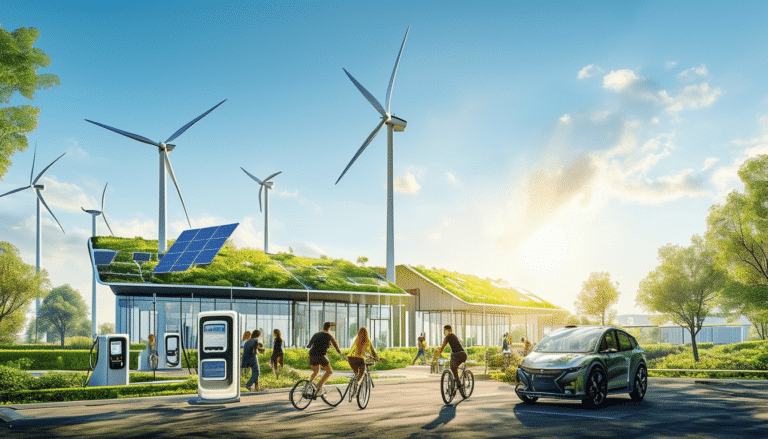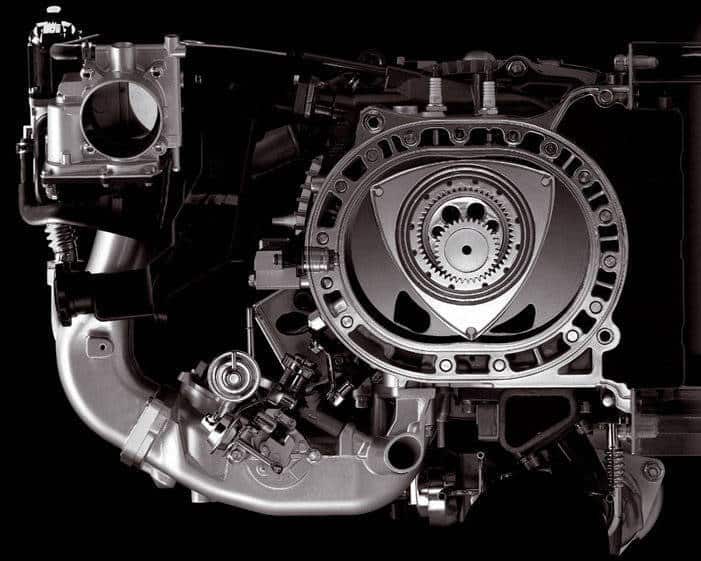Fostering the culture of recycling and its impact on fuel consumption
The promotion of a recycling culture is a crucial tool for addressing current environmental challenges. Through the correct separation and transformation of waste, not only is the amount of waste ending up in landfills minimized, but it also contributes to the reduction of fuel consumption. By recycling materials, the need for extraction and processing of new resources is lowered, which in turn decreases the use of energy and fossil fuels. Thus, promoting this culture not only benefits the environment but also encourages a more responsible and efficient use of our resources. Awareness and action regarding recycling are essential steps towards a more sustainable and less polluting future.
Recycling is a practice that not only contributes to environmental sustainability, but also has a significant impact on fuel consumption. By promoting a recycling culture, waste reduction is encouraged and resources are optimized, which can, in turn, decrease the reliance on fossil fuels. This article explores the importance of creating a collective consciousness about recycling and how it affects the efficient use of energy and natural resources.
Education as the basis of recycling
Education plays a crucial role in promoting a recycling culture. It is essential for people to understand the importance of recycling and how their everyday actions can influence the environment. Educational programs that include workshops and informative materials can help communities understand how to properly separate waste and what the direct benefits of recycling are.
Benefits of a recycling culture
Fostering a recycling culture provides multiple benefits, not only for the environment but also for the local economy. Increasing the habit of recycling can reduce the amount of waste that reaches landfills and, consequently, decrease the need for new waste management facilities, which often consume large amounts of fuel and energy.
Reduction of the carbon footprint
Recycling helps diminish the carbon footprint associated with the production of new materials. By recycling products, less energy is required compared to creating products from raw materials. This lower energy demand translates into a decreased requirement for fossil fuels, thereby supporting a more sustainable future.
Community initiatives and social responsibility
Community-driven recycling initiatives can strengthen the sense of belonging and cooperation. Community participation in recycling programs, cleanup events, and environmental education creates a collaborative environment where everyone works towards a common goal: protecting the environment. This not only leads to an increase in recycling but also promotes a more responsible attitude toward resource consumption.
Strategies for implementing a recycling culture
To successfully implement a recycling culture, it is necessary to establish specific strategies. Companies can play a fundamental role in this process by implementing programs that encourage recycling among their employees and consumers. By doing so, they also contribute to reducing the environmental impact associated with their production and operations.
Continuous monitoring and evaluation
It is crucial to carry out constant monitoring and evaluation of recycling programs to determine their effectiveness. This includes tracking the amount of recycled materials and the reduction of waste. Community feedback allows for necessary adjustments, thus optimizing resources and efforts dedicated to recycling.
The role of the consumer in a recycling culture
The consumer is a key player in promoting a recycling culture. By adopting recycling habits and participating in local programs, consumers can significantly contribute to waste reduction and energy efficiency. Greater awareness of the impact of their choices can motivate consumers to prefer recycled products and actively participate in the proper separation and disposal of waste.
Sustainable development and energy future
Within the framework of the Sustainable Development Goals, fostering a recycling culture is an essential step towards responsible production and consumption. As communities adopt recycling practices, they promote not only environmental sustainability but also a more conscious and efficient use of resources, which can lead to a decrease in fuel consumption and the creation of jobs in the green sector.
For those seeking to delve deeper into the relationship between energy efficiency and fuel consumption, resources addressing these topics in depth can be consulted: the relationship between energy efficiency and economy, how to be a more efficient driver and save on fuel, and other innovative approaches to sustainable mobility related to new technological developments like the water engine, as well as examples of emerging sustainable communities.
Finally, it is important to emphasize that the development of automotive skills also plays a role in the implementation of sustainable practices within the sector. These changes are essential to drive a more eco-friendly future and conscious resource consumption.
Promoting the recycling culture is essential not only for environmental protection but also for the reduction of fuel consumption globally. This sustainable practice significantly contributes to minimizing waste in landfills and reduces the need to extract and process new raw materials, a process that consumes enormous amounts of energy and, therefore, of fuel. By recycling, communities can decrease their carbon footprint and promote a more efficient use of resources.
Recycling initiatives promote cooperation within communities, creating a sense of belonging and responsibility. Through active participation in recycling programs, individuals not only learn about the importance of separating and reusing materials but also become agents of change in their environments. Working together in cleanup and recycling events can create a profound impact by raising awareness among the population about the consequences of waste and excessive resource consumption.
Moreover, education plays a crucial role in fostering this culture. Informing society about how recycling can contribute to reducing fuel consumption is vital. Awareness campaigns can highlight how the manufacturing of recycled products often requires less energy compared to products made from virgin materials. Therefore, by adopting recycling habits, not only is the environment protected, but a more sustainable future is also fostered through the optimization of energy resources.
In summary, the recycling culture stands as a comprehensive strategy linking environmental protection with energy efficiency. By adopting this approach, communities not only contribute to a cleaner world but also help to reduce fuel consumption, promoting sustainable development for future generations.




